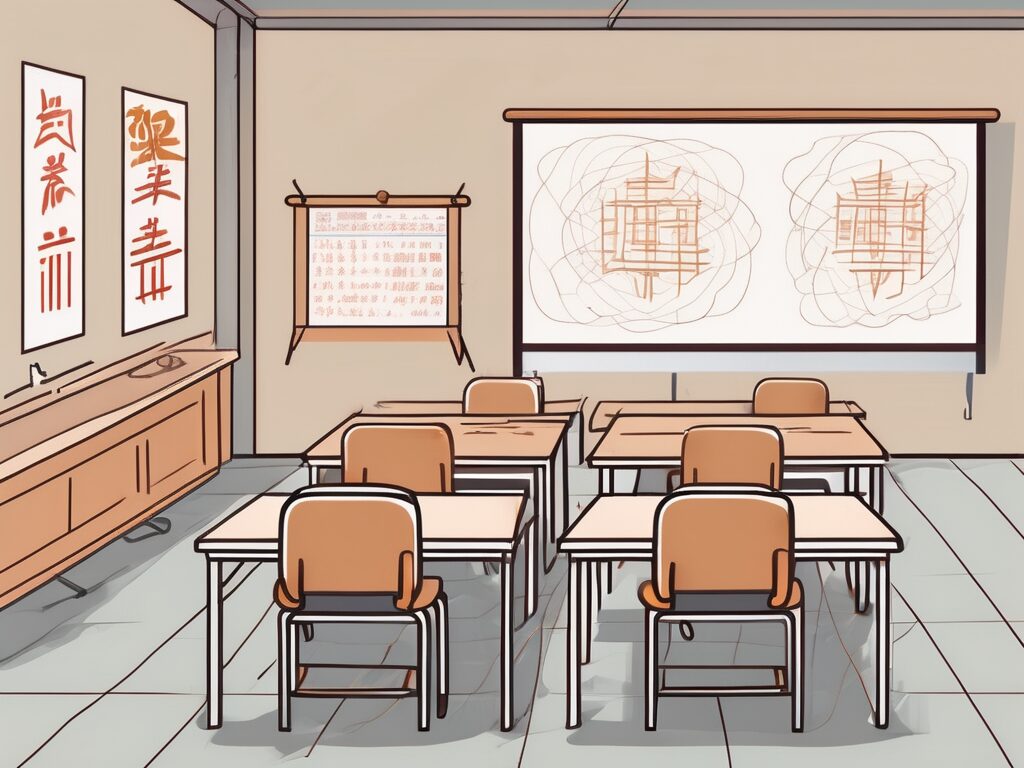Bilingual Education Challenges in Taiwan: Insights for 2025
In the context of an increasingly interconnected world, the significance of bilingual education is paramount. Taiwan has made notable advancements in fostering bilingualism; however, the journey is not without its challenges. This guide aims to provide education consultants with a comprehensive overview of the complexities surrounding bilingual education in Taiwan, highlighting the obstacles and proposing actionable solutions.
Overview of Bilingual Education in Taiwan
To effectively address the challenges of bilingual education, it is essential to first understand the current landscape. The Taiwanese government has set an ambitious target to establish Taiwan as a bilingual nation by 2030. This initiative is motivated by the need to enhance international competitiveness and cultivate a globally aware citizenry.
English is currently taught as a second language in Taiwanese schools; however, proficiency levels vary significantly. This disparity is largely attributed to differences in resources and pedagogical approaches. While some institutions provide immersive English programs, others struggle to deliver even fundamental English instruction.
Government Policy on Bilingual Education
The bilingual education policy in Taiwan is a critical element of the National Development Plan. This policy aims to elevate English proficiency across all educational levels, from primary education to higher education institutions. Additionally, it seeks to promote cultural exchange and mutual understanding, thereby nurturing global citizens.
Implementing this policy necessitates a comprehensive reform of the existing educational framework, encompassing curriculum development, teacher training, and resource allocation. Addressing these challenges is vital for the successful realization of the policy’s objectives.
Key Challenges in Bilingual Education Implementation
While the advantages of bilingual education are evident, the path to its successful implementation is laden with challenges. These obstacles range from logistical issues such as resource allocation to more nuanced concerns like cultural resistance.
The following sections will examine these challenges in detail and propose potential solutions.
Resource Allocation Disparities
A significant challenge in the implementation of bilingual education in Taiwan is the uneven distribution of resources. Urban schools, particularly in metropolitan areas like Taipei, typically have access to superior resources, including qualified English instructors and advanced teaching materials. Conversely, rural schools often lack these essential resources, resulting in pronounced disparities in English proficiency.
To mitigate this issue, a concerted effort is required to ensure equitable resource distribution. Strategies may include:
- Increased investment in rural educational institutions.
- Development of comprehensive teacher training programs.
- Utilization of technology to bridge educational gaps.
Cultural Resistance to Bilingual Education
Cultural resistance presents another formidable challenge. Many Taiwanese parents and educators express concerns that prioritizing English education may undermine Taiwanese culture and identity. This apprehension must be addressed with sensitivity and respect.
One viable approach is to integrate elements of Taiwanese culture into English language instruction. This could involve utilizing local narratives and traditions as educational materials, thereby fostering cultural exchange and understanding.
Teacher Training and Development
Effective bilingual education hinges on the availability of proficient educators skilled in bilingual teaching methodologies. However, Taiwan faces a shortage of such qualified teachers, particularly in rural regions.
To address this challenge, a multifaceted strategy is necessary, which may include:
- Providing intensive training programs for current educators.
- Recruiting qualified foreign teachers to enhance instructional quality.
- Encouraging Taiwanese educators to gain international teaching experience.
Future Prospects for Bilingual Education in Taiwan
Despite the challenges, the outlook for bilingual education in Taiwan remains optimistic. The government’s commitment to this initiative, combined with a growing recognition of the importance of bilingualism, suggests a positive trajectory for the future.
It is crucial to acknowledge that meaningful change requires time and sustained effort. The goal of transforming Taiwan into a bilingual nation by 2030 is ambitious, necessitating patience, resilience, and a readiness to adapt.
By proactively addressing the challenges and capitalizing on the opportunities presented by bilingual education, Taiwan can position itself as a leader in global education, ultimately cultivating a generation of globally competent citizens prepared to navigate the complexities of the 21st century.
Enhancing Your Bilingual Teaching Career with IPGCE
As Taiwan advances towards a bilingual future, educators play a pivotal role in this transformative process. For those seeking to enhance their qualifications and embrace the opportunities within bilingual education, the International Postgraduate Certificate in Education (IPGCE) offers a pathway to success. This program is designed to help educators overcome qualification barriers, advance their careers, connect with a global professional network, and gain a comprehensive understanding of international curricula. With flexible online study options, the IPGCE is tailored for working educators aiming to balance professional development with existing commitments. Enroll in the UK’s leading Teacher Training Course today and contribute to shaping a globally competent generation in Taiwan and beyond.

